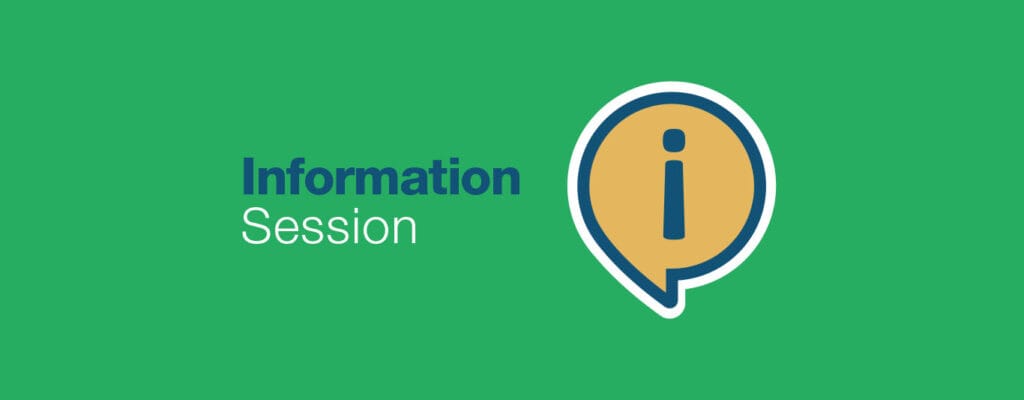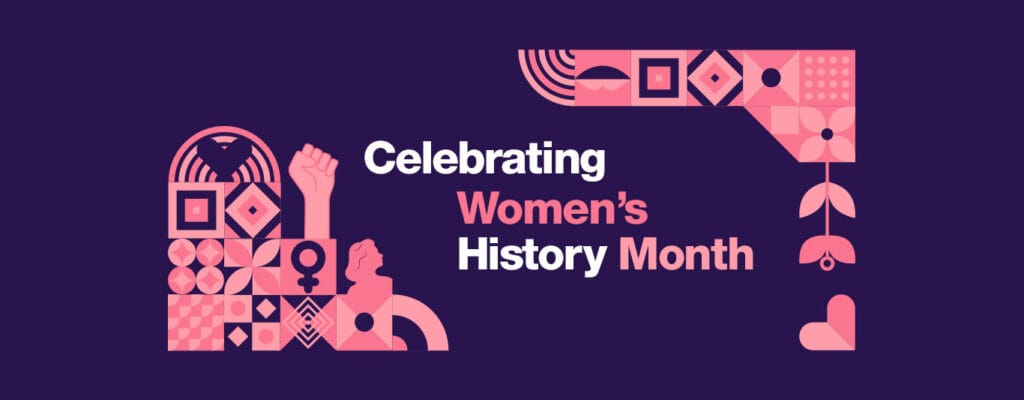


Data can be scary but it doesn’t have to be. As a researcher, we are concerned with things like validity, reliability, sample size, and statistical significance among other things, but data needs to be valuable to those who are using it in practice. Data may present frightening findings, but it can be helpful in facilitating discussions on improving practice and student learning.
For those of you who read the Marshall Memo, you may have seen the following quote in a recent issue:
“The highest-performing schools do not use value-added data for commendation or to name, blame, or shame, but to uncover, discover, and recover. Value-added data allow teachers and leaders to dig deeper and ask more questions about student learning.” – A Battelle for Kids
The sentiment expressed in this quote is an important one. In addition to coaching and facilitating literacy events, our Professional Developers work directly with teachers and play a key role in helping them interpret and synthesize the information they’re gathering throughout the year. Their experience and guidance help shape their relationship to student data and promote a safe space where they can explore the meaning of data without concern for judgment or negative repercussions.
When working through data, regardless of whether we’re looking at assessment scores, student grades, or any other form of data, we make an effort to use the following steps to ensure that data are used to “uncover, discover, and recover”:
Uncover: What is the big story of the data set? Is there a pattern?
Discover: Why did this data story emerge? What factors created this pattern?
Recover: What action is needed based on the data story and patterns? What changes should be made based on the data
As much as we dream of data being collected under ideal conditions and telling us the story we want to hear, often times this is not the case. Our inferences about the what, why, and action of data can inform our thinking in the classroom. Whether you are a teacher, professional developer, or administrator, we hope these tips can be helpful to you in your practice!


Join CLI’s Breakfast Briefing to explore the future of literacy! Connect with education leaders, hear impact stories, and discover ways to get involved. Stay[..]

Empower Oregon’s educators with proven literacy strategies! Join our free virtual info session to explore research-based tools and connect with experts. Register now!

Celebrate Women's History Month with powerful stories that inspire, educate, and uplift. 📚 Download our curated guide and stay connected for more inclusive literacy[..]